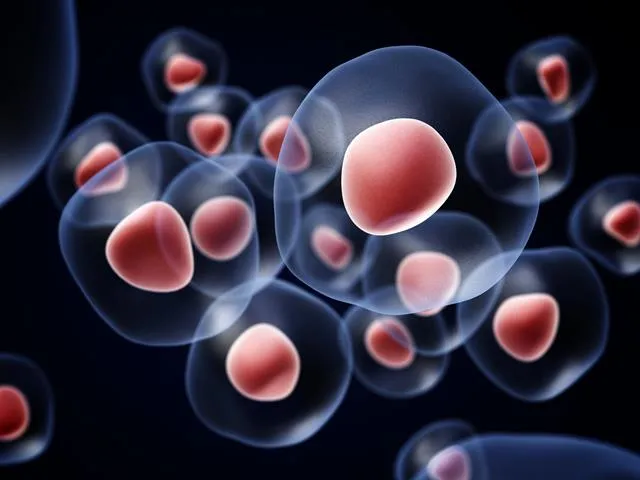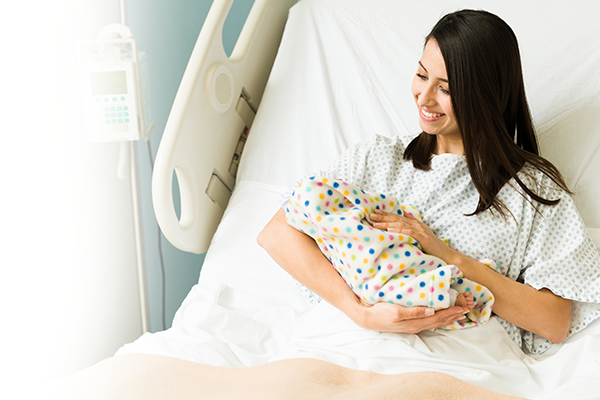Many women who have heard the diagnosis wonder if it is possible to get pregnant with polycystic ovary syndrome. The reason for the concern is that the condition causes problems with ovulation and disrupts the menstrual cycle. However, it is important to remember that properly treated PCOS does not derail the chance of becoming a mother.
Polycystic ovary syndrome (PCOS) is the most common hormonal disorder that occurs during reproductive age. It is estimated that up to 15% of women struggle with it. Its cause is excessive stimulation of the ovaries by male sex hormones (mainly testosterone) or insulin. The development of PCOS is thought to be influenced by genetic and lifestyle factors. In its course, complaints from the entire body are observed. Women report menstrual cycle disorders, acne, pelvic pain, excessive body hair and weight gain. Infertility is also one of the symptoms. Therefore, many women are interested in the question “polycystic ovary syndrome and pregnancy.”
Polycystic ovary syndrome and pregnancy
Polycystic ovary syndrome and pregnancy is a frequently raised issue. The fact is that the condition is one of the causes of infertility and prolonged efforts to have a child. However, this does not mean that women diagnosed with them do not have a chance to become mothers.
Getting pregnant is possible when proper treatment for PCOS is implemented. There are several methods of therapy – it is chosen individually for each case. It is very important that a woman who learns that she has polycystic ovary syndrome should not put off the decision to try for a child. As we age, symptoms worsen and the chance of pregnancy decreases.
PCOS and ovulation
Difficulties getting pregnant with PCOS are the result of ovulation disorders – or rather, the lack thereof. Abnormal hormone concentrations cause the maturation of the ovarian follicle to stop in the ovary. As a result, the egg cell is not released, so fertilization cannot occur.
Menstrual cycles in women with PCOS are not only inovulatory, but often do not occur or occur irregularly. Any disorder in this area (absence of menstruation, heavy bleeding) should always be consulted with a doctor. People who wonder whether it is possible to get pregnant with polycystic ovary syndrome should know that the earlier the diagnosis is made, the better the chances of motherhood.
How to get pregnant with PCOS?
Couples who want to know how to get pregnant with PCOS should first of all see a gynecologist, and then start appropriate therapy. It is individually tailored to each patient. Several factors are taken into account: the woman’s age, length of effort, clinical symptoms, general health, and ovarian reserve.
As a first step, a woman is advised to normalize her body weight, as this makes it possible to restore ovulation in many cases. Weight loss can be achieved through daily physical activity and a well-balanced diet. To prevent high insulin levels from persisting, it is advisable to eat foods with a low glycemic index (e.g. brown rice, buckwheat groats, whole grain bread, legumes, chickpeas, apples, avocados, spinach, cauliflower) and eliminate sugar and processed foods from the diet.
Sometimes pharmacological treatment of PCOS is necessary. Getting pregnant is possible with ovulation stimulation. The drug of choice is clomiphene. The lack of success of therapy is an indication for the administration of gonadotropins. In the event of further failures in efforts to have a child, the couple may benefit from assisted reproduction. One method is in vitro fertilization, or IVF.
See also: Endometriosis and pregnancy
Rate this article:










